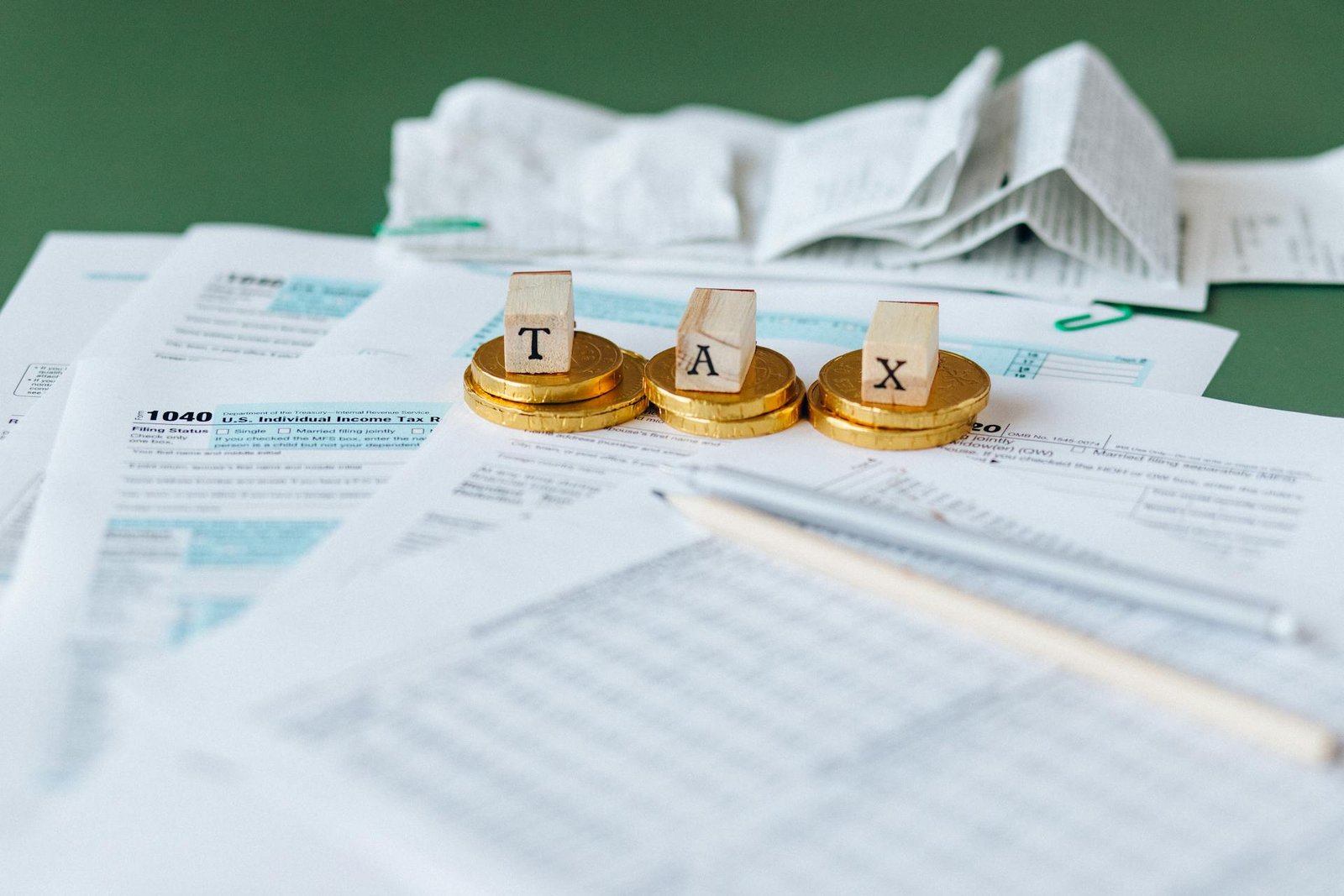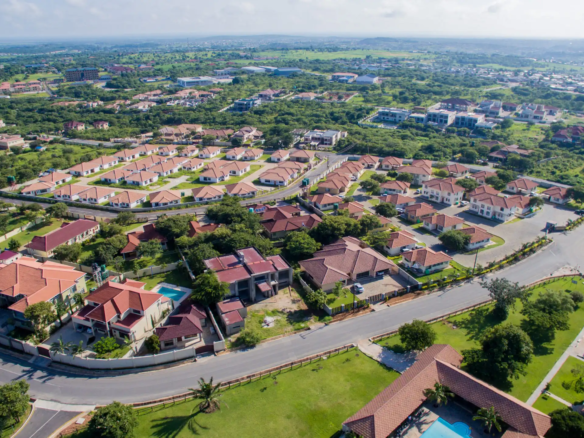Why Zambia Needs a Progressive Property Transfer Tax: A Fairer Approach to Real Estate
Buying property is a significant milestone, but the current flat 8% property transfer tax in Zambia can make this dream feel out of reach for many. Whether you’re a first-time buyer or a seasoned investor, understanding how this tax impacts your investment is crucial. We believe in making real estate accessible and fair for all. That’s why we’re advocating for a progressive property transfer tax scale – a system that could revolutionise the Zambian property market.
In this article, we’ll explore what property transfer tax is, why the current flat rate is problematic, and how a progressive tax scale could benefit both buyers and the broader economy. Let’s dive in!
What is Property Transfer Tax in Zambia?
Property transfer tax is a levy paid to the government when ownership of land or real property changes hands. In Zambia, this tax is currently set at a flat rate of 8% of the property’s realised value, effective from 1st January 2025. While this tax is a key revenue source for the government, its one-size-fits-all approach has unintended consequences, especially for everyday Zambians looking to enter the property market.
The Problem with the Current Flat Tax Rate
The flat 8% tax rate may seem straightforward, but it disproportionately affects low- and middle-income buyers. Here’s why:
- Regressive Impact: A flat tax means that everyone, regardless of the property’s value, pays the same percentage. This places a heavier financial burden on those buying affordable land or homes compared to high-net-worth individuals purchasing higher-end or luxury properties.
- Discourages Compliance: The high tax rate can tempt buyers and sellers to under-declare property values or engage in informal transactions to avoid the tax, reducing transparency in the market.
- Market Slowdown Risk: Increased transaction costs can deter potential buyers, particularly in the mid- to low-tier segments, slowing down the real estate market.
- Stifles Affordable Housing Access: For first-time buyers and self-builders, the tax creates a significant barrier to entry, making it harder to achieve homeownership.
- Lacks Equity: The current system doesn’t differentiate between a modest family home and a multimillion-Kwacha estate, failing to reflect the diverse needs of Zambia’s property market.
A Better Way: Introducing a Progressive Property Transfer Tax Scale
To address these challenges, we are proposing a progressive tax scale for land and real property transfers in Zambia. Here’s our proposal and how it would work:
- 2% on the first K1,000,000 of the property’s value
- 5% on the portion from K1,000,001 to K3,000,000
- 8% on any value above K3,000,000
This tiered approach ensures that lower-value properties are taxed at a more affordable rate, while higher-value transactions contribute a fairer share to government revenue.
How Would This Benefit Zambian Property Buyers?
Imagine you’re a first-time buyer looking to purchase a home worth K1,500,000. Under the current flat 8% tax, you’d pay K120,000 in transfer tax. But with the proposed progressive scale, your tax would be calculated as follows:
- 2% on the first K1,000,000 = K20,000
- 5% on the remaining K500,000 = K25,000
- Total Tax: K45,000
That’s a savings of K75,000 – money that could go toward furnishing or renovating your new home or covering other costs. This example illustrates how a progressive tax scale makes property ownership more accessible for everyday Zambians.
Key Benefits of a Progressive Property Transfer Tax
1. Promotes Equity and Affordability
By reducing the tax burden on lower-value properties, the progressive scale supports first-time buyers and self-builders buying land. This aligns with Zambia’s inclusive growth objectives, making homeownership a reality for more families.
2. Stimulates Market Activity
Lower entry costs for modest properties can boost demand in the real estate market. This encourages more transactions, benefiting both local and foreign investors and invigorating the housing sector.
3. Aligns with National Development Goals
The proposal supports Zambia’s vision for inclusive growth and affordable housing, as outlined in the national development agenda. It’s a step toward creating a fairer, more sustainable property market.
4. Maintains Revenue Generation
While lower-value properties enjoy reduced rates, higher-value transactions (above K3,000,000) are taxed at 8%, ensuring the government continues to generate robust revenue. This balanced approach offsets the reduced rates for smaller transactions.
5. Reduces Informal Transactions
A fairer tax structure decreases the incentive for under-declaring property values or avoiding the tax altogether. This improves compliance and transparency, benefiting the entire market.
6. Easy Implementation
The Zambia Revenue Authority (ZRA) already manages a progressive rental tax system, making it straightforward to implement a similar structure for property transfers. This ensures a smooth transition with minimal administrative hurdles.
7. Enhances Regional Competitiveness
Compared to the current flat 8% rate, which is high by regional standards, a progressive scale positions Zambia as a more attractive destination for real estate investment. It also promotes equitable taxation, giving Zambia an edge over neighbouring countries with less fair systems.
Why This Matters for Zambia’s Future
A progressive property transfer tax isn’t just about fairness – it’s about fostering a thriving real estate market that benefits everyone. By making property ownership more affordable, we can stimulate economic growth, create jobs in construction and related industries, and attract more investment to Zambia. Moreover, the additional revenue from high-value transactions can be reinvested into public services like healthcare, education, and infrastructure, supporting the country’s long-term development goals.
Frequently Asked Questions (FAQs)
Q: What is the property transfer tax in Zambia?
A: Property transfer tax is a levy paid to the government when ownership of land or real property is transferred. It is currently set at a flat rate of 8% of the property’s realised value.
Q: How does the progressive tax scale work?
A: The proposed scale would tax the first K1,000,000 at 2%, the portion from K1,000,001 to K3,000,000 at 5%, and any amount above K3,000,000 at 8%. This ensures lower taxes for smaller transactions and higher contributions from larger ones.
Q: Will this affect property prices?
A: While the tax reduction on lower-value properties could increase demand and potentially raise prices in that segment, the overall effect would be expected to be positive, with more people able to enter the market.
Q: How would this impact government revenue?
A: The progressive scale is designed to maintain or even increase revenue by taxing high-value properties at a higher rate, offsetting the reduced rates for smaller transactions.
At BCA Properties, we’re committed to making real estate in Zambia more accessible, fair, and transparent. Our proposed progressive property transfer tax scale is a step in the right direction, benefiting buyers, investors, and the economy alike. If you’re looking to buy or sell property in Zambia, we’re here to guide you through the process.
Explore our latest property listings or contact us today for personalised advice on navigating the Zambian real estate market.
Photo by Nataliya Vaitkevich




